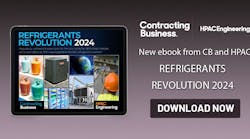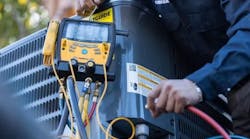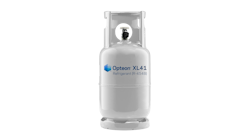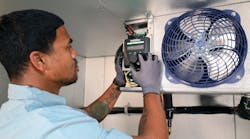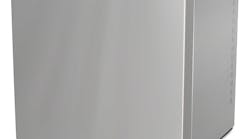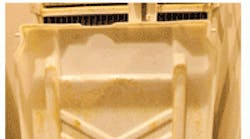If a customer asks for you to install an ice machine, you’ll need to select one that meets their needs. Ice machines vary in many different ways; ice types, capacities, rates of production, filtration, and other factors all play a role. Here is what you need to ask the customer.
What type of ice do you need?
There are three main kinds of ice: cube, flake, and nugget.
- Cube: These are the traditional cubes that you see in bar and restaurant drinks. They are hard and don’t provide as much crunchability as the nugget ice, but it doesn’t melt as fast as the other types of ice.
- Flake: The flake ice melts rapidly when in water, but it’s primarily used for packing purposes. You can find flake ice in the fish section of supermarkets, at buffets, and in other areas where packing in ice is necessary.
- Nugget: Nugget ice is sometimes seen as bridging the gap between the cube and the flake ice. It’s perfect for drinks because it’s easy to chew and can be quickly eaten. It’s not as hard as the cube ice and doesn’t melt as quickly as the flake ice.
How much ice capacity do you need?
This is dependent on the establishment where the ice maker is being installed. The necessary ice capacity for a restaurant might be dramatically different from that of a school or a hospital. A simple suggestion here is to ask the customer how much they believe they need and then choose the next available larger size.
It’s always better to go a little larger than smaller when it comes to ice bins, as there’s always the possibility of growing into it.
Water Cooled or Air Cooled?
An ice machine's components need to be cooled during operation. Some machines use air, while some use water to chill the internal machinery. What advantages do these have?
- Air-cooled: no additional water costs; initially lower cost.
- Water-cooled: Quieter; reduced energy consumption.
If you're incorporating an ice machine into a new building or a location that's being remodeled, you’ll need to make sure to site the water lines correctly for water-cooled ice machines.
Does my ice machine need a water filter?
Water filters not only lower the number of contaminants that get into the ice, but they also improve the efficiency of the machine. Less contaminants in the ice means less slime, chlorine, and unwanted mineral deposits. Find out the specifications of the desired machine so that you can ensure easy access to the water filter.
Should I invest in a self-cleaning system?
Depending on the environment, the customer may be interested in a self-cleaning system for their ice machine. These use special coatings to prevent bacterial build up.
Your clients might have a regular need for large quantities of ice on a regular basis. As their HVAC contractor, you drive clients toward the belief that you are their one-stop-shop for everything even remotely related to heating and cooling systems.
Mark Masterson writes for IceMachinesPlus.com.
